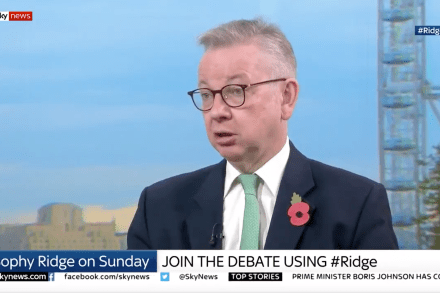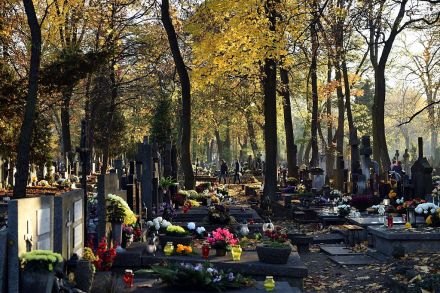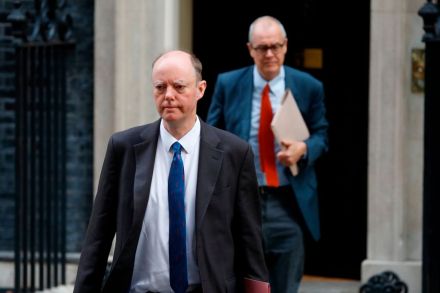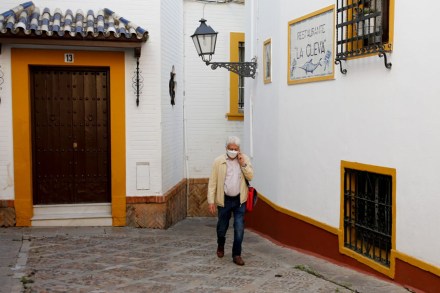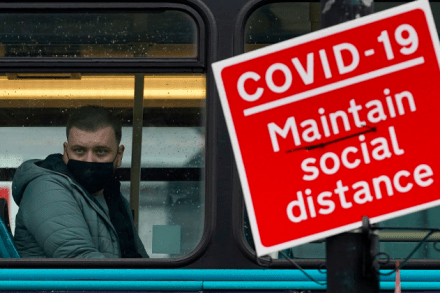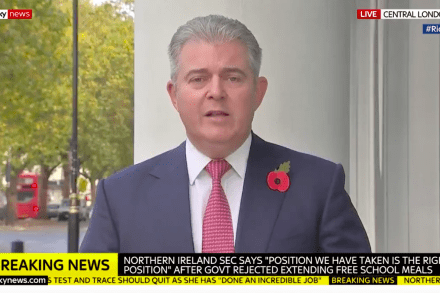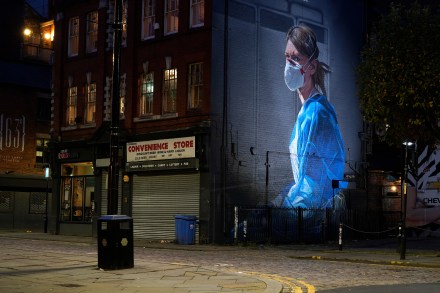Sunday shows round-up: new lockdown ‘could be extended’
Michael Gove – New lockdown ‘could be extended’ Yesterday Boris Johnson announced that England would be entering another lockdown as of this Thursday, which will last for, at the very least, the entirety of November. Sophy Ridge’s first guest of the day was the Cabinet Office Minister Michael Gove, who told her that the envisioned end-date of Wednesday 2nd December was subject to change if the rates of Covid infection could not be reduced: SR: If the data on the whole is not looking as you are hoping, then the national lockdown could be extended? MG: We will always take a decision in the national interest, based on evidence… SR:
